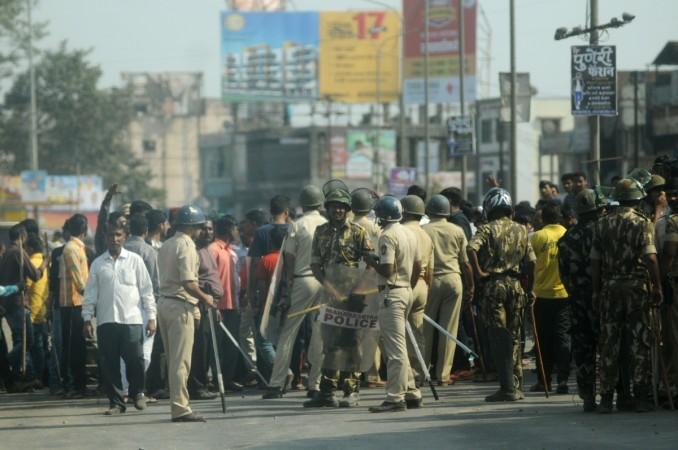
The wee hours of Tuesday, August 28, saw the arrests of five prominent rights activists — Sudha Bharadwaj, Vernon Gonsalves, Varavara Rao, Gautam Navlakha and Arun Ferreira — for allegedly 'voicing their opinions'.
Although the Supreme Court has granted interim relief to the activists arrested in connection with the Bhima Koregaon case, the battle outside court is unlikely to lose steam anytime soon.
The Supreme Court has ordered that the activists will not be arrested in the meantime, but will be put under house arrest till September 6.
Justice DY Chandrachud said, "Dissent is the safety valve of democracy. If you don't allow dissent, the pressure valve of democracy will burst."
Twitter has been taken over by #NoMoreFakeCharges. But the pertinent question here is about the necessity and efficacy of the draconian Unlawful Activities (Prevention) Act (UAPA) that works effectively towards stripping one of their liberties.
A report in Firstpost suggests that the case lies on the intersection of national security, human rights and Leftist ideology of "armed struggle" against the state. This contentious subject partly explains the tsunami of outrage.
The facts of the case, at this stage, are sparse. These rights activists have been charged with harbouring alleged links with Communist Party of India (Maoist) — a Maoist rebel outfit banned by the government in 2009. The then-UPA government had termed it a "terrorist organisation" and slapped section 41 of the UAPA on it.
Dissent vs Nationalism
It is possible that the intellectuals are right. The police, maybe, are out on a witch hunt against the accused. At this stage, however, it is impossible to come to this conclusion. Some of the arrested activists have been detained or have faced travel restrictions in the past.
Navlakha has courted controversy in the past due to his writings on Kashmir which is perceived as 'pro-separatist'. Telugu poet and Maoist ideologue Varavara Rao was arrested in 2005 from Andhra Pradesh. He was later acquitted.
Prior to that, Rao was jailed for two years in the 1980s on charges of waging a war and conspiring against the state. Vernon Gonsalves was arrested in 2007 by the Mumbai 'anti-terrorism squad'. He was convicted seven years later by a Nagpur Sessions Court under the UAPA.
According to The Indian Express, Gonsalves and Sridhar Srinivasan (both central committee members of CPI (Maoist)) were planning a terror attack in 2007 when the ATS raided their chawl and recovered nine detonators, 20 gelatin sticks, a walkie-talkie set, a computer and Naxal literature.
Arun Ferreira was detained by the police in 2007 along with a Naxal leader Arun Satya Reddy alias Murali in Nagpur, according to a report in The Times of India. Although such past records should not be the only reasons to suggest culpability in the present, they do provide some perspective.
Article 19(1)(a) of the Constitution guarantees right to freedom of speech and education. It is a natural right, meaning that we are entitled to it since our birth. While India intends to be an equitable society, the constitutional guarantee of liberty of expression should be used to fortify our strengths, rather than suppressing dissent, which should not be used as a measure of patriotism and nationalism.
The expression of differing opinions may be inconvenient or annoying, but crushing it would throw the entire essence of democracy down the drain. Restrictions on free speech should operate not as a cloak to protect powerful political figures, but as a means to counter grave and serious dangers to democracy.

















